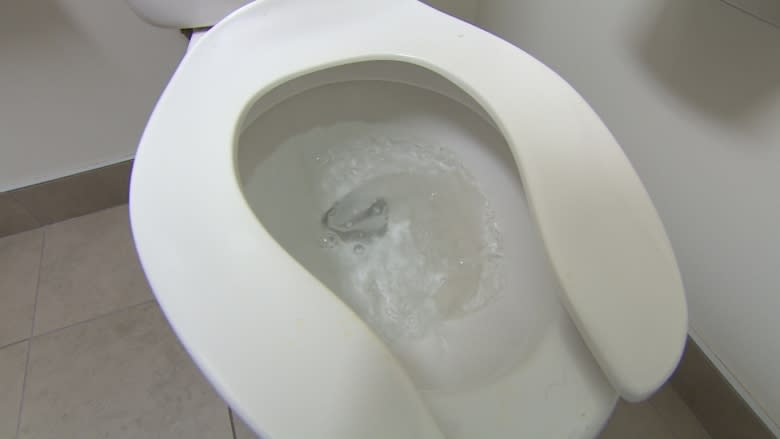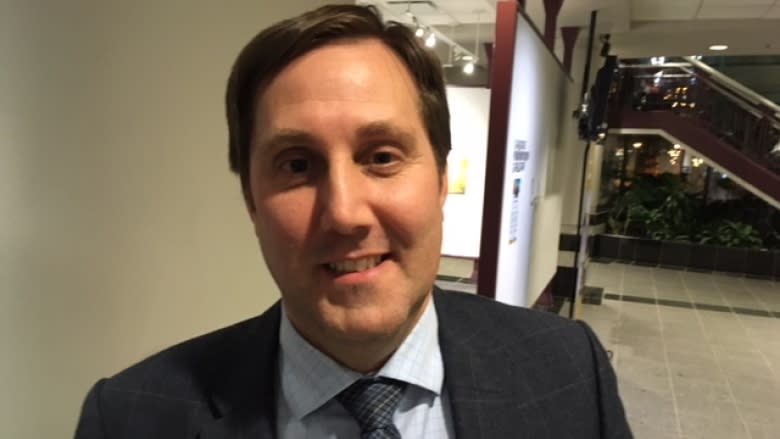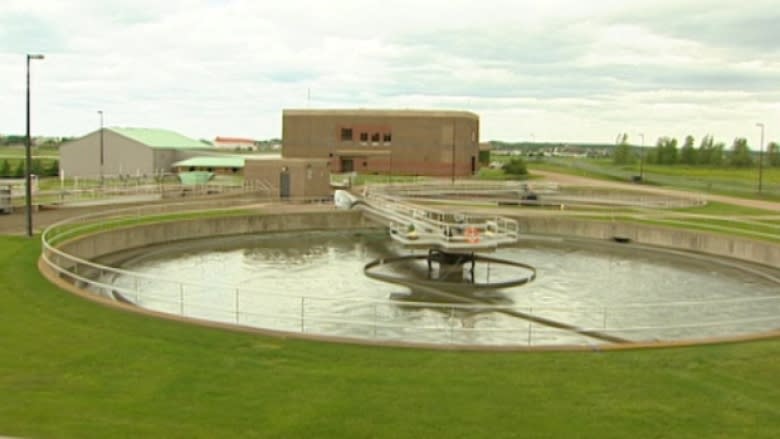Costly sewer upgrades needed in Moncton to stop sewage spills
Left facing an aging and out of date sewage system, the city of Moncton commissioned a report that outlines costly — but necessary steps to meet federal standards.
According to Alcide Richard, a director with Moncton's engineering department, parts of the city's sewer system is from another era.
"The oldest sewers in the city of Moncton are from 1895, engineers from back in that time could not even imagine what the city of Moncton would look like today."
- Arthur aftermath: raw sewage spilled into some rivers
- Billions of litres of raw sewage, untreated waste water pouring into Canadian waterways
"Those systems that were designed back in 1895 were going directly into the rivers."
At times some of Moncton's sewage still does.
In older sections of the city, both storm water and sewage collect in the same pipe. In heavy rains the system can become overwhelmed, spilling diluted sewage water ways.
An example, is Rabbit Brook, an inner city stream that concerned the Petitcodiac Watershed Alliance last month. The brook is one area where overflowing can occur.
Lisa Grasse of Crandall Engineering Ltd., who authored the report, called upgrading the city's system a big job.
"The lift stations proposed are the biggest in the city," she said.
Project comes at a price
To bring the system up to date, sewage and storm water need to be separated into two pipes. The initial cost is estimated at almost $30 million.
Those estimates don't account for easement and land purchases the city will have to make to get the project up and running.
Work isn't expected to get underway until 2022 at the earliest.
Repairs unavoidable
According to Richard, "this is part of a bigger plan and it will probably take us the next 100, 150 years to separate everything and we may not get absolutely every little corner."
Although the project is costly, it is necessary work.
In 2012 the federal government put in federal regulations to stop raw sewage and untreated waste water from being dumped into Canada's waterways. The rules require municipalities like Moncton, that are doing some water treatment but not meeting the new standards, to eventually bring their system up to code in 2030 or 2040.





